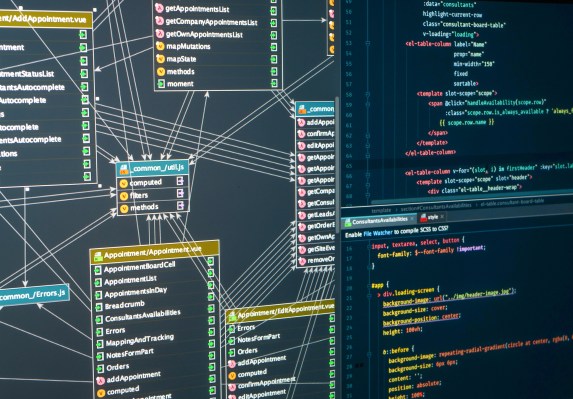[ad_1]

As companies look to update their databases, especially in a cloud native context, with so many different databases out there, it’s a huge challenge for developers when migrating from one environment to another. Ariga, an early stage startup wants to help by letting users define database schema as code, and greatly simplify how they interact and manage databases over time.
Today the company announced a $15 million Series A along with a previously unannounced $3 million seed as the open source project gains traction and they begin taking on paying customers for the SaaS version of the product.
Ariga CTO and co-founder Rotem Tamir says managing a database is hard to do and if you make a catastrophic mistake, you could lose all your data. That’s why companies tend to be conservative when it comes to adjusting the database. He and co-founder and CEO Ariel Mashraki founded the company with the idea that companies have been able to reduce the complexity of managing infrastructure by defining it as code in a declarative way.
They have been working to create a solution that delivers on that idea for databases. “This hasn’t been done yet in the database space for various reasons. We really think that to be able to capture what you want, the desired state of your database, the desired state of your data topology in your organization, you need a smart tool to plan, verify, then execute and monitor the database – and this is what our platform is about,” Tamir told TechCrunch.
They started by developing an open source tool called Atlas, written in Go, that helps manage a number of databases. “It accepts the desired state of your database, and is either connected to a live database, or the previous state. It knows how to do these calculations. It has a safety engine inside that does something that’s very similar to static code analysis. It can analyze and verify changes against policies,” he said.
Atlas has proven popular, Mashraki says it’s been downloaded hundreds of thousands of times since it launched in 2022. Users run it thousands or sometimes tens of thousands of times per day, so it appears to be solving a real pain point.
By making it open source, database makers can download the program and add their own database support to Atlas, allowing the founders to support many more products than they could on their own as an early stage startup.
The company came out with Atlas Cloud, a SaaS version of the database management tool earlier this year and are currently working with a handful of paying customers. They have around a dozen employees working at the company, and are hiring for some open roles.
As an open source company, the pool of people interested in the product tend to be diverse by the nature of these projects being spread out across the world, Mashraki said. That means he has people from Iraq, Gaza, Germany, Australia and Brazil.
Today’s investment announcement was led by Tiger Global and TLV Partners with participation from unnamed angel investors.
[ad_2]
Source link

